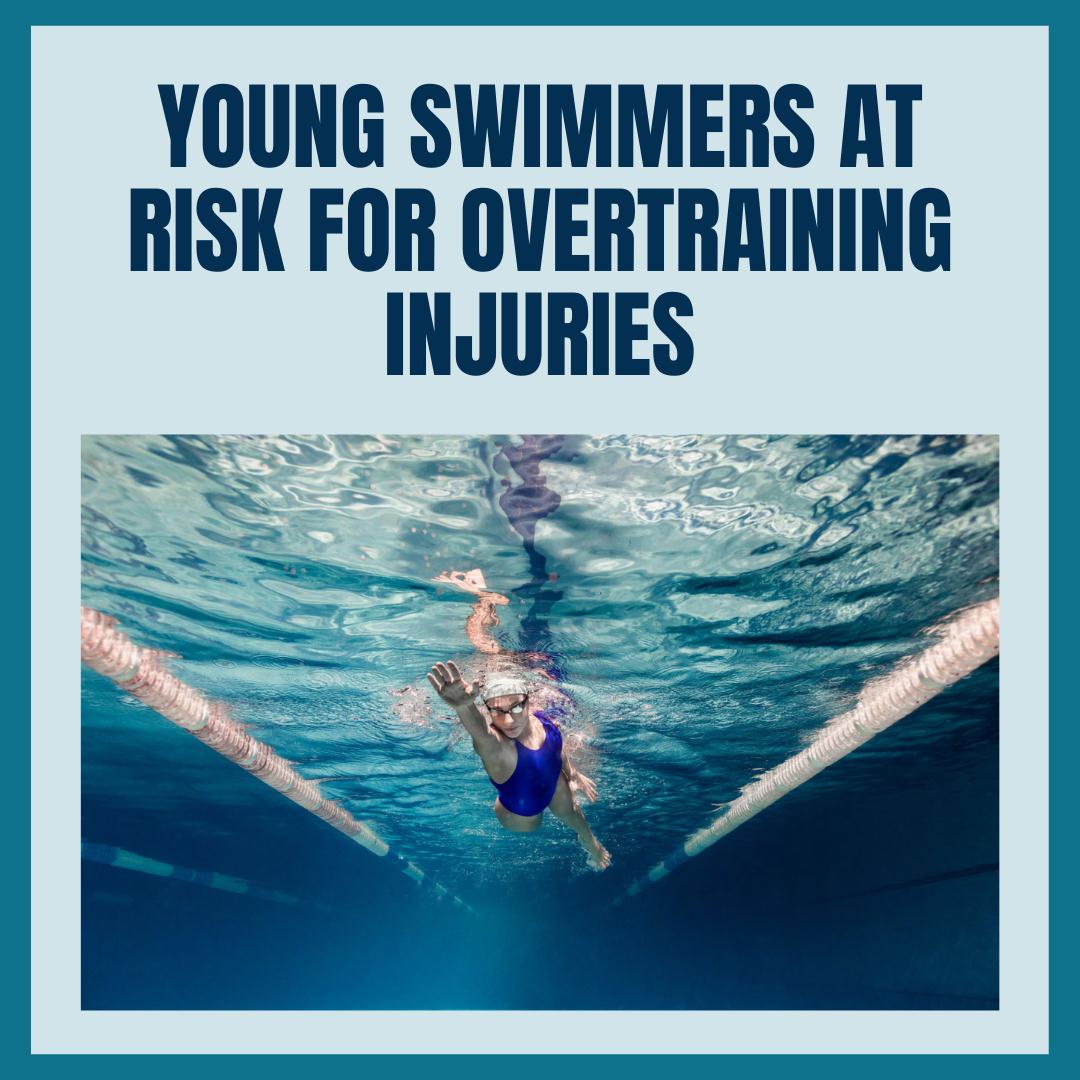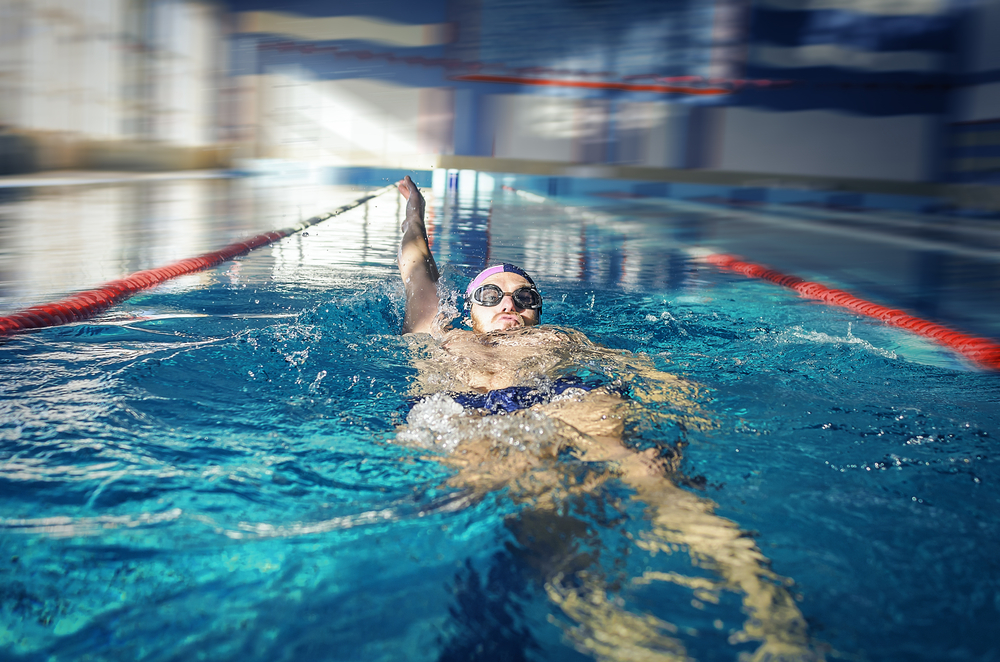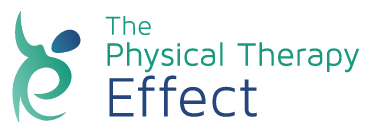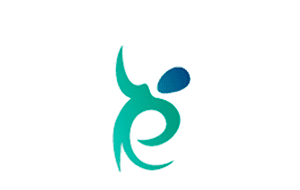Young Swimmers at Risk for Overtraining Injuries
Jun 6, 2022

Across the United States, millions of people participate in competitive swimming. While most of these swimmers were in high school, there are thousands of club swimmers, college swimmers, and master-level swimmers. These millions of swimmers are at an increased risk of injury due to overtraining.
What Is Overtraining?
Overtraining occurs when an athlete trains too much but doesn’t leave enough time in between training sessions to adequately recover. It occurs in particular when the training is repetitive in some way. For example, in swimming, most training is made up of the same repetitive motions that make up the strokes.
How Do Competitive Swimmers Overtrain?
Competitive swimming involves training for hours every day, often multiple times a day. Athletes also train year-round, giving them little time to rest and recover from training. On top of that, the motions for each swimming stroke are by nature repetitive, putting swimmers at risk for microtrauma and repetitive strain injuries, even at a young age.
What Is the Most Common Swimming Injury?
The most common overtraining injury that swimmers experience is in the shoulders. Up to 91% of competitive swimmers complain of shoulder pain, citing it as a reason for having to miss a swim practice. That is a huge percentage of athletes experiencing pain, injury, and dissatisfaction in their sport.
How Can Swimmers Avoid Repetitive Training Injuries?

Swimming involves a lot of repetition of the same motion. Fortunately, there are some ways that swimmers can help to avoid injuries due to repetitive training.
Balance Stroke Direction
Often, injuries occur from repetitive training because athletes train one motion over and over again without training the reverse motion. Training in reverse can help to create a balance that will reduce the risk of injury or strain. In swimming, much of each swim practice may be devoted to freestyle, the main forward stroke. This results in front shoulder muscular dominance that isn’t made up of dry land training of the other shoulder muscles. Swimmers should balance out that overhead forward stroke motion with other types of strokes and training.
Build Rest Days into Your Training Regimen
Rest is an essential part of any training program, for swimming or any other sport. In fact, rest is necessary for the growth of muscle. This is because when you exercise, you’re actually tearing your muscles. These tears are microscopic and it’s during the healing process that occurs while resting that the muscle is built back stronger than before.
Without rest, the muscle doesn’t have a chance to recover and grow stronger. On top of that, failing to adequately rest increases the risk of injury. It’s essential to plan rest into any training regime for both athletes and non-athletes across any sport or type of exercise.
Consult With a Physical Therapist About Your Training
It’s also a good idea to consult a physical therapist regarding your training. You can describe what your current training is like and the physical therapist may be able to help you determine what changes you need to make in order to avoid injuries.
Are you dealing with sports-related injuries?
Schedule a consultation with our Physical Therapists.
For informational purposes only.











